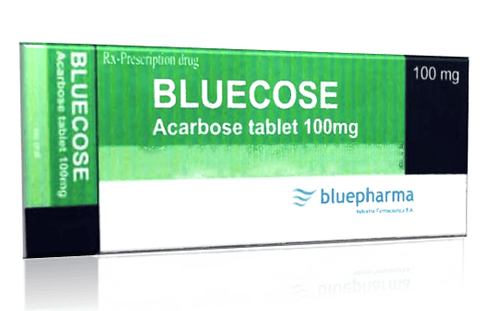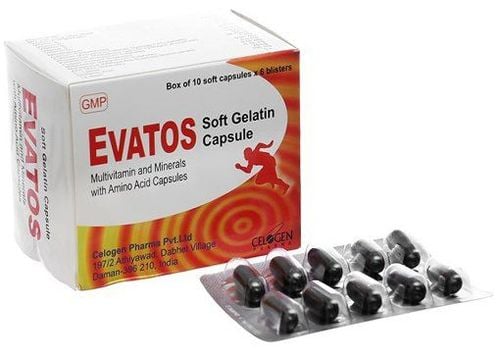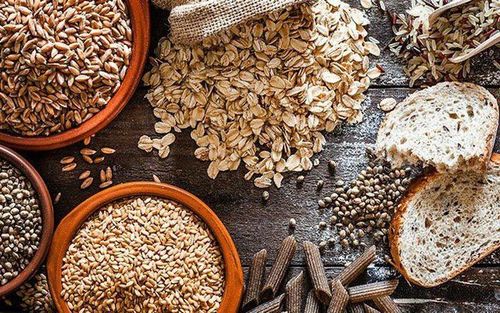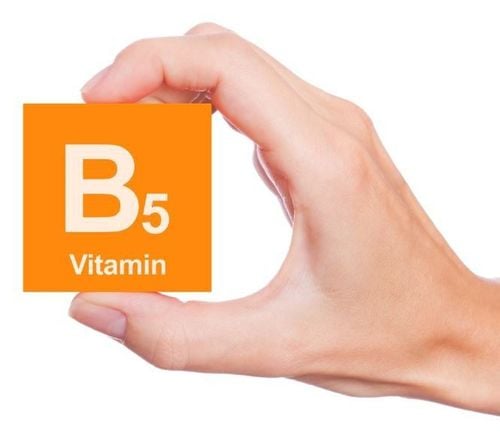This is an automatically translated article.
A high-carbohydrate diet is often recommended for athletes who participate in endurance sports. Eating carbs will help your body increase the amount of glycogen stored in your muscles, which in turn will improve your training performance and make you feel less tired.1. What is a Carbohydrate Loading Diet?
The Carbohydrate Diet is also known as the Carbohydrate Diet. This is a method that can help you improve physical performance for endurance activities by increasing the amount of fuel stored in the body's muscles.Carbohydrate loading occurs when you adopt a “training diet” high in carbohydrates, while also adjusting your activity levels in the days before you engage in an event. certain sporting events.
2. The goal of a carbohydrate-loaded diet
Any athletic activity requires carbohydrates for fuel. Most activities are recreational, your body will use existing energy stores for fuel. However, when you participate in high-intensity and prolonged sporting events, your body will need an extra source of energy to continue functioning.The goal of a high-carbohydrate diet is to provide your body with the energy it needs to successfully complete an endurance sporting event while feeling less fatigued. improve your athletic performance.
A carbohydrate-loaded diet is often most beneficial for endurance athletes who need to prepare for an event lasting 90 minutes or more, such as swimmers, athletes, and athletes. marathon or cyclist.
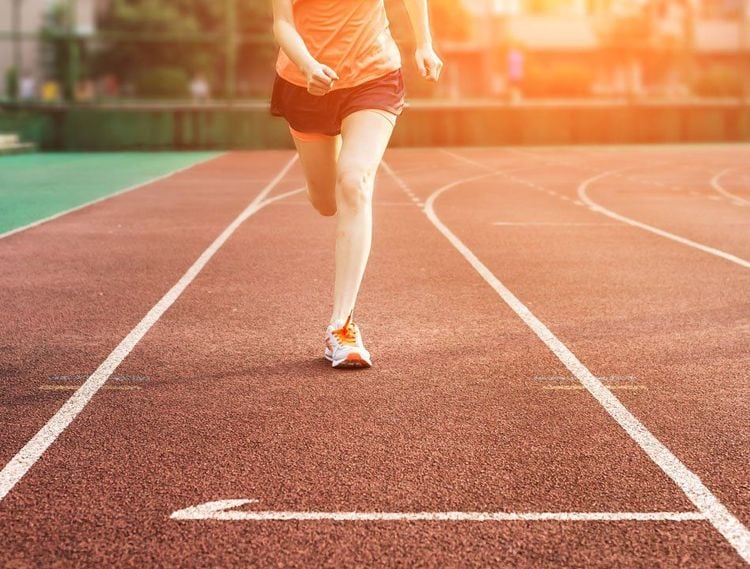
Mục tiêu của chế độ ăn uống nạp carbohydrate là cung cấp cho cơ thể nguồn năng lượng cần thiết để bạn có thể hoàn thành xuất sắc một sự kiện thể thao yêu cầu sức bền mà vẫn cảm thấy ít bị mệt mỏi
3. The details of the carbohydrate-loaded diet
Role of Carbohydrates Carbohydrates are also known as sugars and starches. It is the main source of energy for the entire human body. Complex carbohydrates typically include starchy grains, legumes, and vegetables, such as corn, potatoes, and peas. Another type of carbs are simple carbohydrates, mainly found in milk, fruit, and other foods made with sugar, such as candy and some sweets. During digestion, the body breaks down carbohydrates into sugars, which then enter the bloodstream and move to individual cells to provide energy. Sugar is stored mostly in your muscles and liver in the form of glycogen, which helps your body perform its functions properly.Increases body's energy storage In fact, our muscles only store a small amount of glycogen, which is enough to support you during recreational physical activities. If you train at a high intensity for more than 90 minutes, it will deplete your muscle glycogen. At this point, you will start to feel tired and reduce exercise performance.
However, through a diet loaded with carbohydrates will help you store more energy sources in the muscles. This can build up an endurance that helps the body get through endurance events longer.
Carbohydrate loading You should do a carbohydrate load the week before performing a physical activity that requires high endurance. Specifically, 1-3 days before the event, increase your carbohydrate intake to about 8-12 grams of carbohydrates per kilogram of body weight. In addition, you can cut back on high-fat foods to increase carbohydrate-rich foods.
Besides, you should also reduce the frequency of physical exercise between 3-4 days before the sporting event takes place. The combination of a high-carbohydrate diet and a gradual reduction in physical activity will help increase the amount of glycogen stored in the muscles.
The amount of carbs your body needs will depend on your total calorie goal as well as your type of sport. For most athletes, 5-7 grams of carbohydrates per kilogram of body weight daily is appropriate (1kg will correspond to 2.2 pounds). Particularly endurance athletes will need up to 12 grams of carbohydrates per kilogram.
Sample Carbohydrate Meal Meal Samples Below is a sample carbohydrate meal for a 77-pound athlete. You can tailor your own carb meal plan based on this template:
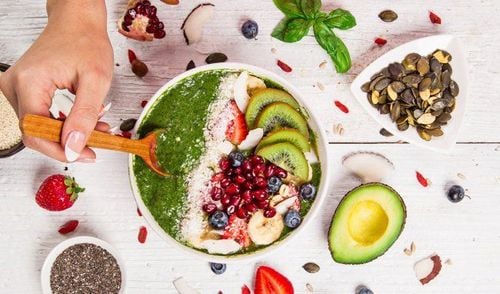
Bạn nên thực hiện nạp carbohydrate vào tuần trước khi thực hiện một hoạt động thể chất đòi hỏi sức bền cao
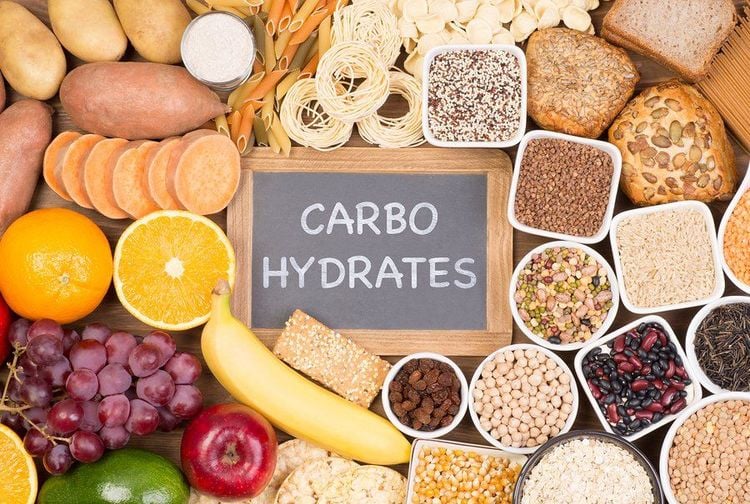
Một số loại thực phẩm chứa nhiều Carbohydrate
Several factors can affect your athletic performance and adversely affect the effectiveness of a carb-loaded diet, including your body's hydration level and the intensity of your physical exercise. Even with a carbohydrate load, you may still feel muscle fatigue.
For men, a diet loaded with carbs can increase muscle glycogen stores by up to 100% of the normal amount the body has. For women, to get the above benefits need to consume more calories than usual during carbohydrate intake.
In a diet loaded with carbs, you still need to replenish your body during endurance training sessions to maintain blood sugar levels. You can do this through consuming sports drinks, fruit, or candy during a physical event. Also, don't forget to eat carbs rich foods after the event to replenish your glycogen stores.

Chế độ ăn uống nạp carbohydrate có thể giúp bạn cung cấp được nhiều năng lượng hơn cho cơ thể trong quá trình tập luyện sức bền
4. Some risks of adopting a carbohydrate-loaded diet
Diets loaded with carbs are not always suitable for all endurance athletes. Ideally, you should consult with your doctor before starting a carb-loaded diet, especially those with diabetes. In addition, you should also experiment with different amounts of carbohydrates to find out what works best for you.Sometimes, a diet loaded with carbs can cause some of the following unpleasant side effects:
Digestive problems: You should limit or avoid consuming certain types of fiber-rich foods from 1- – 2 days before your sporting event. Broccoli or beans can cause cramping, loose stools, and bloating. Changes in blood sugar levels: Eating carbs can affect your blood sugar levels. If you have diabetes, you need to monitor your blood sugar during exercise. In addition, you should also talk to your doctor about a safe carbs eating plan for you. Please follow our website ( www.vinmec.com ) for more information on health care instructions, which we will update regularly.
Please dial HOTLINE for more information or register for an appointment HERE. Download MyVinmec app to make appointments faster and to manage your bookings easily.
Reference source: mayoclinic.org



